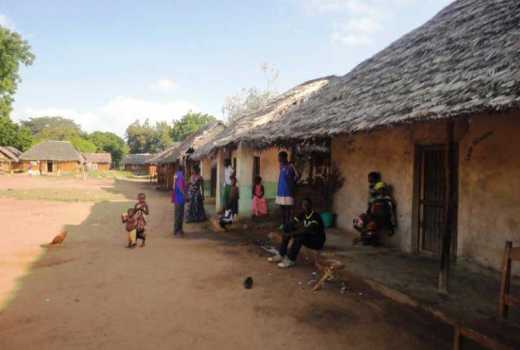×
The Standard e-Paper
Truth Without Fear

They say that when President Abraham Lincoln proclaimed the emancipation of slaves, most of them simply ran away from their masters to celebrate their freedom.
No sooner had they finished making merry in the evening than the freed slaves realised that their freedom was meaningless because they had no homes, land or jobs to go to.